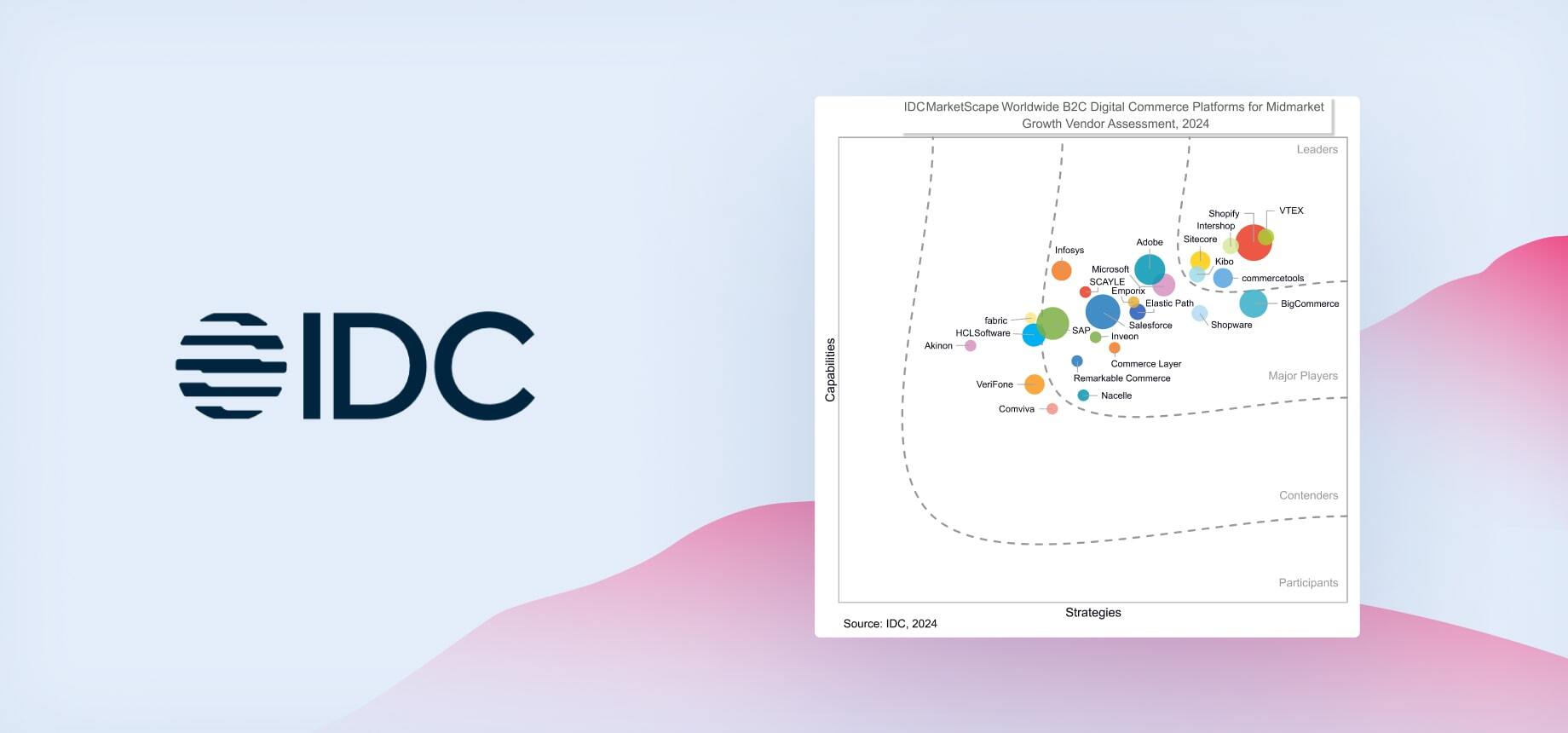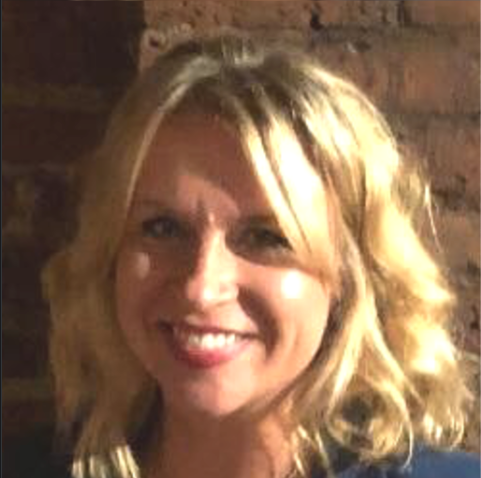Humane decisions and lasting success: how an inclusive product culture can convey strategic intent

The more we influence, the more we should be conscious of our responsibility. Please interpret my use of the pronoun “We” to be as broad as you can imagine.
As humans, we are inherently biased, since we favor decisions that mirror our beliefs. At the same time, we need to be thoughtful in our actions that affect others, as relationships provide fulfillment and are built on mutual trust. This realization makes us pursue respectful actions, but to consider how others will interpret us is often challenging due to differences in values.
Therefore, we proactively look for perspectives unlike our own and consider them in our judgment. In our daily interactions, we avoid unintended consequences by applying such care. This practice is at the core of our social fabric, of how we’ve managed to live together in communities.
The act of creating something is very similar in this regard, as our work interacts with people. However, the internet allows us to reach not only our community but the entire world. The size of the audience can make it harder to be thoughtful, since there are more of those differences, but it doesn’t exclude our responsibility.
Design at scale should mean actively pursuing ways to improve our chances at a positive impact. It should imply being acutely aware of biases and circumventing them by giving voice to a diverse set of perspectives. After all, it’s how we can tend to a need, want, or desire without harming anyone.
Instead, through Ill-intended motivations and rash decisions, we’ve created products that influenced others by reducing their attention span, diminishing their rights, removing their ability to compromise, and invading their privacy. We are tragically narrowing our definition of success until it’s sole meaning is rapid deliveries that disrupt industries and are rewarded by the market.
This long-standing failure to set responsible goals means regulation may even catch up with our new medium, but consistent action requires belief in the intent and determined pursuit. Government bodies may prompt this process and define enforceable limits, but we can’t rely on them to do what’s our job.
We are tragically narrowing our definition of success until it’s sole meaning is rapid deliveries that disrupt industries and are rewarded by the market.
Slowly but surely, awareness grows that our infatuation with what we could build led us to stop questioning if we should. As Alan Cooper often quotes:
“Slow is smooth, and smooth is fast.”
He’s one of the many relevant voices defending ethical products, and there’s even some who’ve made inconsiderate decisions that now regret them. Since these careless actions will always be unsustainable, the question is: how can we leave this self-sabotage course?
At the center, we have culture

Products are created by people who unite based on shared values and form a unique culture. When a thriving culture exists, not only does alignment happens naturally, but people continuously raise the bar. However, these product cultures have as much ability to promote inclusion as they have to create isolation bubbles.
Even though there are many obstacles in the path to thoughtful products, they are all tied to what the values in product cultures are — to what people who take part judge as good conduct and successful work. Every believer spreads the company’s values through actions and words, but the culture is ultimately constructed of difficult trade-offs people are making.

When creating something for others, everyone’s primary goal should be to influence people positively. Intent guides our actions, and this one guides considerate behavior. It leads decision-makers — meaning, everyone — to be inclusive.
It’s not that we can’t optimize products for people with particular values, but rather that people creating them should think about the consequences they can eventually have on society as a whole. A niche product that reflects a specific worldview is not a problem if designed not to hurt anyone.
Since we heavily base cultures on compelling stories, we must find those that will make others assimilate why and how to be thoughtful. I want to share what some of those stories were to me, in the hope that they will further deepen this discussion.
The values behind the intent

A couple of years ago, as the company for which I now work started gaining traction, its culture was documented.
This involves mixing principles we already act upon with those we value and hope to achieve.
You can read about the process that happened at VTEX in this article. People have actively shared these values since, and I’ve been influenced by them over the last year.
What follows is an interpretation of our company culture, from a product designer who tries to be aware of all decisions we are making.
What follows is an interpretation of our values, from a product designer who tries to be aware of all decisions we are making.
Why create
We build for community, so positively influencing people is our primary motivation. As a B2B company, this goes far beyond just our clients. We also tend for clients of our clients, companies our clients hire or partner with, our co-workers, and our industry at large. When creating, since our aspiration doesn’t revolve around appeasing founders or investors, we focus on what will help this ecosystem the most.
Fortunately, we are good at abstracting complexity to create scalable solutions that others can extend. We leverage this strength when pursuing our challenges since we’re conscious of their nature. This sharp focus leads us to create a market for partners that are essential for our client’s distinguishing needs to be met.
We don’t believe in for-profit-only businesses or in building a monopoly. The products we create help people achieve great things, and it’s their success we are after. Ours is a consequence if we do our jobs right. This belief is at the center of everything we do.
How to work
We trust to be trusted, as that’s how we create a comfortable environment to work. This trust brings us autonomy, which in turn provides the ownership we use to make decisions based on context instead of hierarchy. We impact and disagree as much as we want while listening to and being honest with others.
Having ownership also means being strategic to achieve objectives. We place our challenges in perspective and prioritize accordingly. Once we have done so, we are resilient and don’t walk away from our commitments. This way of operating is efficient because we promote accountability through our habits, that range from tough questions in regular Q&As with our founders to everyone being transparent in their calendars.
It’s simple to act on our responsibility of persuading stakeholders towards inclusive decisions. We all care about those we influence, so we make the difficult — more sustainable — decisions when they’re warranted. Our job definitions don’t limit us, as we regularly learn about other disciplines. There are no barriers to treating people with respect, as the environment assists us.
What to make
Our challenges are bold, as we build the infrastructure for global commerce. This issue matters to us because we want stores to accelerate their digital transformation, so they protect customers from monopolies that are lurking. Even though our goals are ambitious in a well-established enterprise market, this doesn’t scare us as we are on this journey with our pink brand identity.
The broad set of problem domains we tackle together spans multiple cultures and diverse business needs. It’s by profoundly considering the differences and not overly promoting efficiency that we make our products global reach viable. We seek unbiased products by relating to other cultures during development, understanding the constraints, and only then looking for similarities to make the appropriate technical decisions.
We’re passionate about our freedom, exploring innovative approaches, and being inspired by the lives we enhance. While building on ideas, we question everything. The only constant being these fundamental values we share. This relentless drive means our company is reinvented as we set out to create products that will outlive our current ones.
As I have experienced, these values set a strong foundation for considering the human factors that support strategic decisions. Even so, there are other ways we can further leverage our position to leave the world better. We’ve been looking into improving diversity in hiring, training the next generation of professionals, and creating an acceptable use policy for our products.
I believe products speak for their creators, which makes me personally offended by carelessness. I am always promoting inclusive decisions to achieve sustainable results, as my definitions of quality and success derive from my primary motivation to influence people positively.
I want to invite every person, but especially those making product decisions in large companies, to bring a humane approach to technology. I invite you to provide incomparable value to society through a pondered strategy. Look for solutions, even if the problem involves culture, and even if the answer doesn’t have a shape. Let’s keep on redefining paradigms, starting with how we work.
We believe in the power of talent, and we are hiring.
It’s far from over
My thanks to Mike Monteiro for writing Ruined by Design. I share his “rightful anger” and “ultra-practical hope”. Aside from this necessary book, here are some other references that may be relevant for those who want to go deeper:
- The Tarot Cards of Tech “inspire important conversations around the true impact of technology and the products we design.”
- The Contract for the Web is a “global plan of action (…) to make sure our online world is safe, empowering, and genuinely for everyone”.
- Ethical Design Scorecards “surface where a product or business does well from an ethical standpoint and reveals where improvements can be made.”
- Humane by Design “provides guidance for designing ethically humane digital products through patterns focused on user well-being.”
- The Center for Humane Technology tackles the “mismatch between our natural human sensitivities and the exponentially growing power of tech.”
- Dense Discovery covers “the intersection of tech, design, and culture and helps web workers be productive, stay inspired, and think critically.”
My thanks to Jônathas Souza, Anna Nogueira, Cristiano Dalbem, Gabriel Galc and Mateus Bolsoni for sharing with me their view on this subject.















